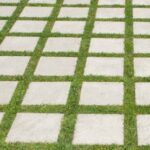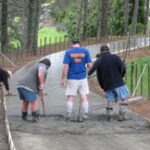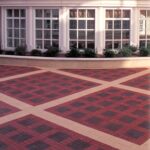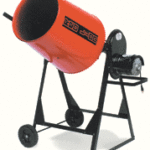Expert advice about tar and chip driveways, including types, pros and cons, and typical costs of tar and chip driveways.
A tar and chip driveway is like a cross between a gravel driveway and an asphalt driveway. It looks similar to a gravel driveway, but the gravel is embedded in an asphalt base providing a more stable surface. The result is a natural-looking, textured driveway that is generally less expensive than an asphalt or concrete driveway.
With a tar and chip driveway, liquid asphalt cement (the “tar”) is heated and sprayed onto the surface or a gravel base. While the asphalt is still hot, a top layer of gravel or “chips” is spread across the surface and then pressed into the surface with a roller. This is different from standard asphalt, called hot mix asphalt, which is produced at a plant and delivered and applied using heavy machinery. As a result, compared to asphalt, tar and chip is less expensive.
Types of Tar and Chip Driveways
Tar and chip paving can have a variety of appearances, depending upon the type and color of the gravel, loose stone, or chips and the tar used as a binder. The chips used are typically small, angular stones that range in size from 1/4 inch to ¾ inch. They can be made from any of a wide range of stone materials, depending upon region—granite, limestone, quartz, slate, or sandstone. The most common stone colors include brown, tan, gray, and white—with considerable nuances in these shades.
Pros and Cons of Tar and Chip Driveways
Consider these benefits and drawbacks of tar and chip driveways:
Benefits of tar and chip driveways. Among the top benefits is the fact that, compared to asphalt and concrete, tar and chip driveways are less expensive (see more about costs below). In addition, they have a more natural look, making them popular in rural areas, and they are skid-resistant, offering good traction.
Drawbacks of tar and chip driveways. Because a tar and chip driveway has a gravel-like surface, some gravel on top may not be fully compacted into the surface. Eventually, this loose gravel can scatter, particularly around the driveway’s edges. In addition, the surface is rougher than surfaces like concrete and asphalt—this rough surface may not be ideal if your kids want to play basketball on the surface and may cause more wear and tear on some vehicles. This type of driveway does require periodic resealing to keep it in good shape and to seal out moisture.
Who Installs a Tar and Chip Driveway?
Tar and chip driveways are installed by professional paving companies that specialize in this paving. As mentioned above, the process involves several steps, including grading and preparing the base, applying the hot liquid asphalt (tar), spreading the chips or stones, and then compacting the chips into the tar. This isn’t a homeowner DIY job. It calls for the special equipment and expertise to properly install the driveway and ensure that it will be level, stable, and durable.
Always get 2 to 3 bids so you can compare costs. Be sure to verify the quality of the materials and the contractor’s experience to ensure a high-quality result.
How Much Does a Tar and Chip Driveway Cost?
On average, the cost of a tar and chip driveway ranges from $2 to $5 per square foot. Where your driveway’s cost will fall within this range depends upon a number of factors, including its size, the size and quality of the gravel or stone chips, and the project’s location. In comparison, standard asphalt driveways tend to cost $3 to $6 per square foot and concrete can run $4 to $15 per square foot. Stamped concrete can cost up to $18 per square foot and concrete pavers can run $10 to $30 per square foot. The least expensive driveways—loose gravel—run from $.50 to $2 per square foot.
 Choose gravel or stones that are hard enough to withstand heavy traffic and harsh weather conditions. Soft, porous stones can break down over time.
Choose gravel or stones that are hard enough to withstand heavy traffic and harsh weather conditions. Soft, porous stones can break down over time.
In Summary
A tar and chip driveway is made by embedding gravel into a surface of hot asphalt. Because a tar and chip driveway is less expensive than asphalt and concrete, it’s a good choice for homeowners on a budget who want an attractive, natural-looking driveway that blends well with the landscape.



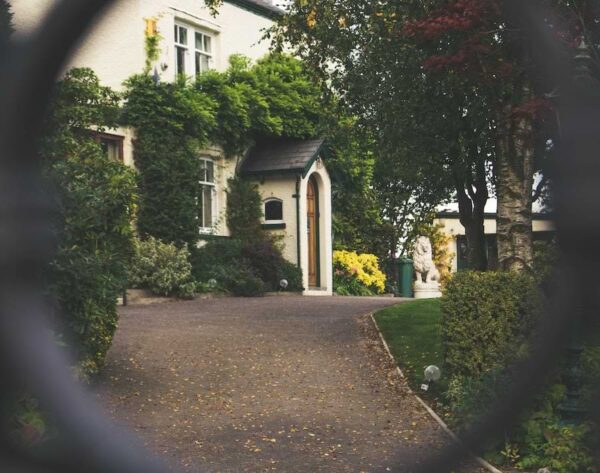
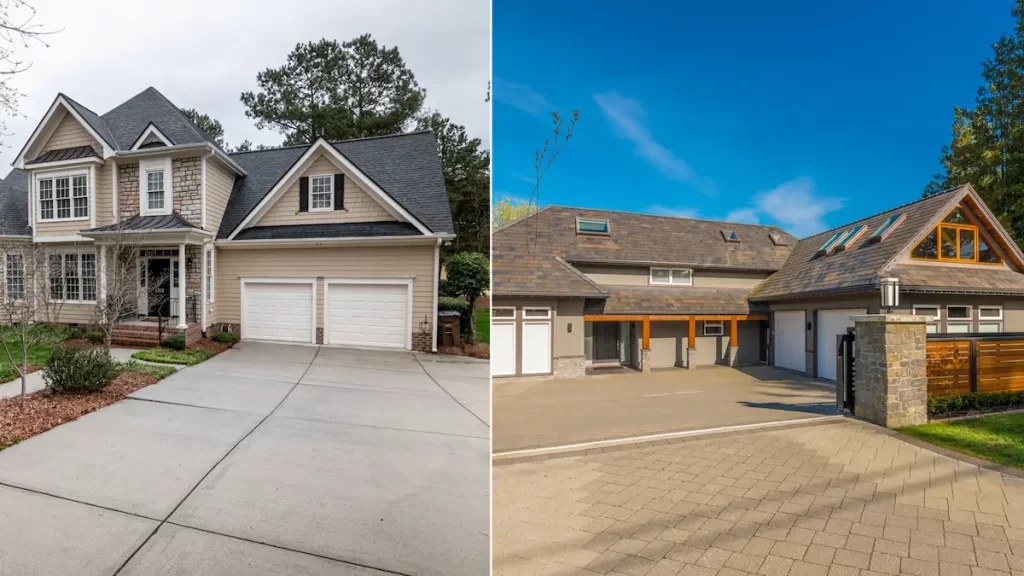
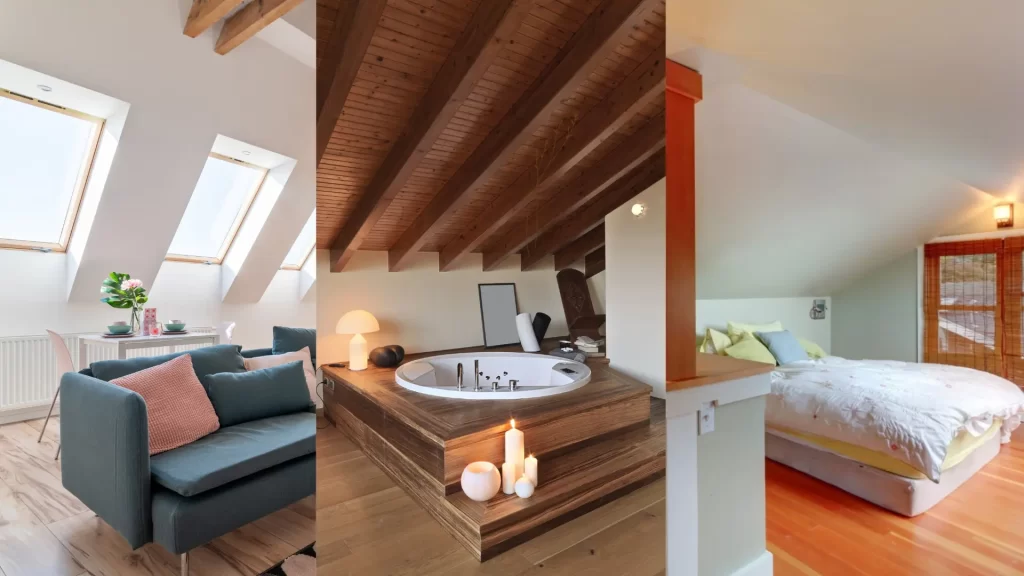
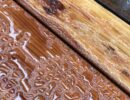

 Don Vandervort writes or edits every article at HomeTips. Don has:
Don Vandervort writes or edits every article at HomeTips. Don has:
